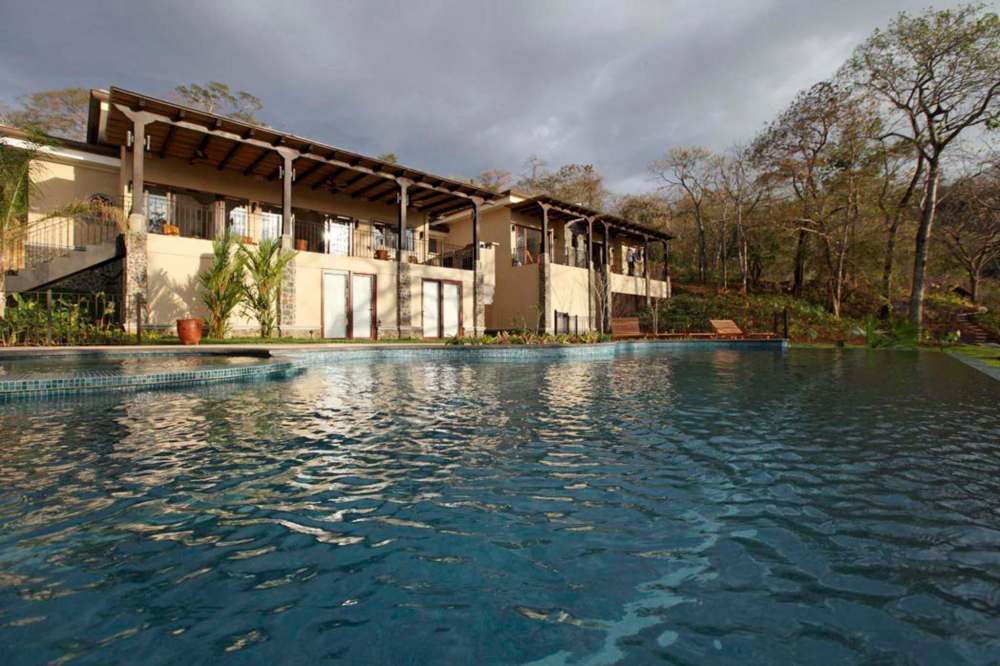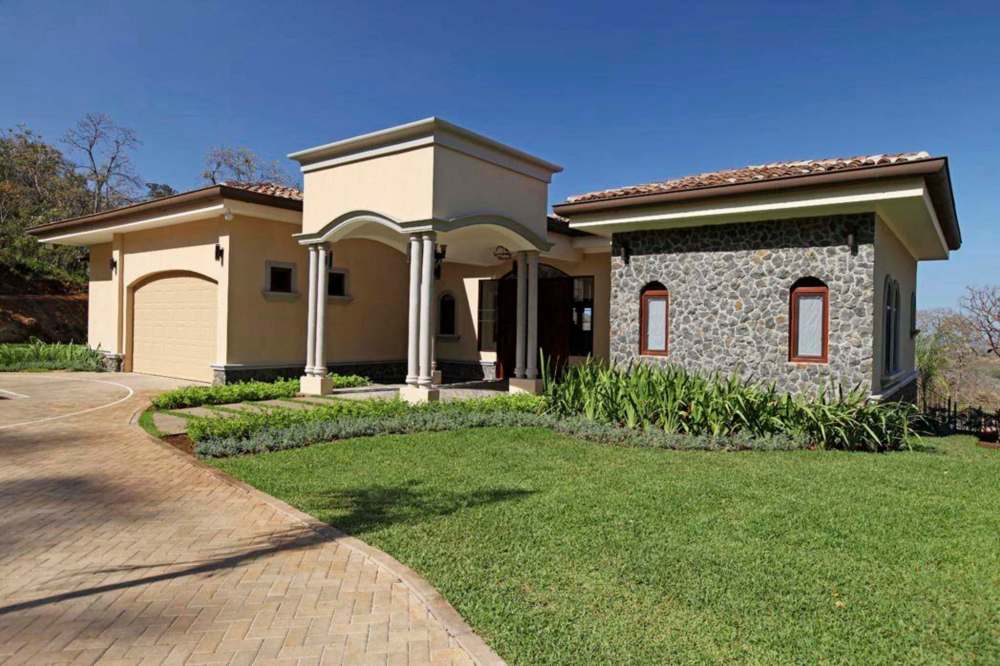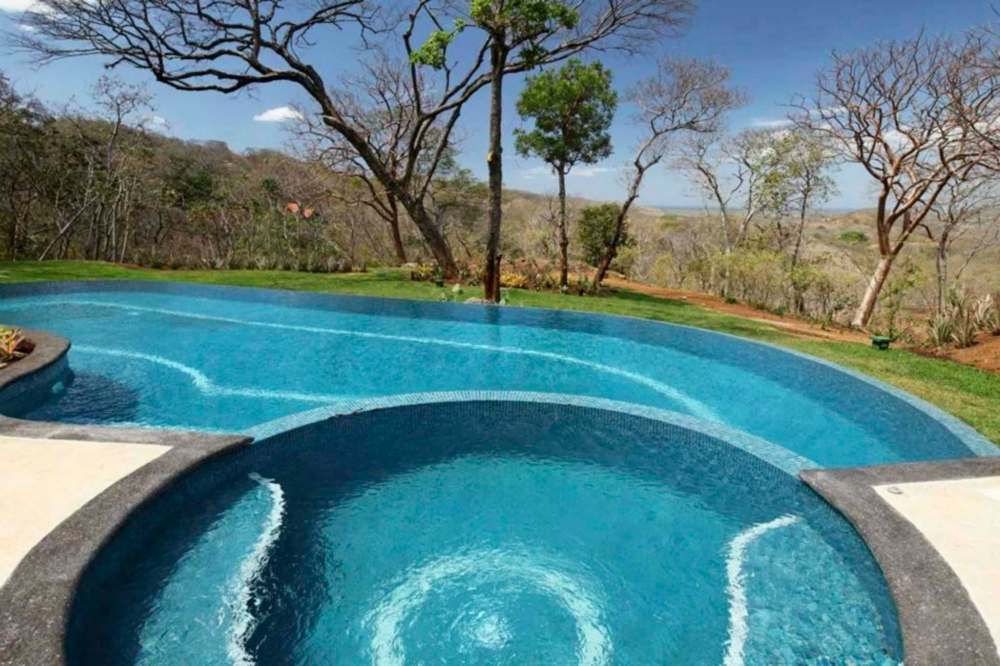Trouble in paradise
Luxury tax hasn't been paid on Pallister's Costa Rican vacation home for nearly a decade, documents show
Advertisement
Read this article for free:
or
Already have an account? Log in here »
To continue reading, please subscribe:
Monthly Digital Subscription
$0 for the first 4 weeks*
- Enjoy unlimited reading on winnipegfreepress.com
- Read the E-Edition, our digital replica newspaper
- Access News Break, our award-winning app
- Play interactive puzzles
*No charge for 4 weeks then price increases to the regular rate of $19.00 plus GST every four weeks. Offer available to new and qualified returning subscribers only. Cancel any time.
Monthly Digital Subscription
$4.75/week*
- Enjoy unlimited reading on winnipegfreepress.com
- Read the E-Edition, our digital replica newspaper
- Access News Break, our award-winning app
- Play interactive puzzles
*Billed as $19 plus GST every four weeks. Cancel any time.
To continue reading, please subscribe:
Add Free Press access to your Brandon Sun subscription for only an additional
$1 for the first 4 weeks*
*Your next subscription payment will increase by $1.00 and you will be charged $16.99 plus GST for four weeks. After four weeks, your payment will increase to $23.99 plus GST every four weeks.
Read unlimited articles for free today:
or
Already have an account? Log in here »
Hey there, time traveller!
This article was published 04/04/2018 (2807 days ago), so information in it may no longer be current.
Manitoba Premier Brian Pallister’s holding company has been flagged for nonpayment of a luxury tax owed on his Costa Rican vacation home for almost a decade, the Free Press has learned.
Penalties for failing to pay the Costa Rican national luxury tax, or under-reporting the value of a qualifying property, are as high as 10 times the amount of tax that should have been paid.
Costa Rica’s luxury tax on homes, also known as the Solidarity Tax for the Strengthening of Housing Programs, was instituted in 2009 — two years after Pallister and his wife, Esther, purchased their vacation property through a holding company, Finca Deneter Doce S.A.

The tax is assessed in addition to standard property taxes levied by local governments. Its purpose is to tax the wealthy to improve housing for the Central American country’s poor.
Documents obtained by the Free Press reveal Pallister’s holding company is on a list of property owners who haven’t paid the luxury tax.
Pallister’s 7,700-square-foot getaway home, which sits on seven acres of land near Tamarindo, along the country’s Pacific coast, is worth anywhere from US$550,000 to more than US$1 million, according to estimates from real estate agents based in the area. (The estimates were based on photos of the home and a description of the property provided by the Free Press — not on actual visits.)
Previously published photos of Pallister’s Costa Rican home show an infinity pool overlooking a forest vista, a modern kitchen with marble countertops, and a lavish entrance way.
The total amount of tax the Manitoba premier owes, irrespective of penalties, could be as much as US$20,000 (CDN$25,600) depending on his Costa Rican home’s actual market value, according to an analysis done by the Free Press.
In a statement Tuesday night to the Free Press, Pallister disputed any notion he is in arrears.
“We have never received any legal or accounting advice that our house in Costa Rica was subject to this luxury tax,” the premier said. “If we are, then we would be happy to pay it.
“I have always paid all of my taxes in Canada and Costa Rica.”

Costa Rica’s luxury tax operates on a sliding scale, starting at one-quarter of one per cent of a property’s market value and climbing to more than one-half of one per cent for the most expensive homes. At the base rate, the premier’s holding company would be on the hook for anywhere from US$1,375 to US$2,500 a year in luxury taxes, depending on whether his home was judged to be worth US$550,000 or US$1 million.
The threshold for determining whether a homeowner is obliged to pay the tax is based on the construction value of the home itself. If that threshold is met, the value of the surrounding land is also factored into calculating the tax.
According to information supplied by Pallister’s company to Costa Rican authorities — and obtained by the Free Press — the premier took out a building permit with the municipality of Santa Cruz in 2008 to construct a one-floor residence on his property. The builder was Jimaco Construction, and the permit declared the value of construction at 105 million colones (roughly US$186,000 at current rates). In 2009, a second permit was taken out for an addition to the home, with a declared construction value of 24.7 million colones (US$44,000).
When the luxury tax was instituted in 2009, homes were exempt if they were valued at less than 100 million colones. According to information Pallister supplied in obtaining municipal permits, the construction value of his home was worth almost 130 million colones at the time.
The exemption levels set by the Costa Rican government vary from year to year. In 2014, for example, the luxury tax kicked in at homes with a construction value of more than 121 million colones; for 2017, the base value was 126 million colones.
In an article dated Dec. 17, 2009, the website CostaRicaLaw.com published a list of luxury home tax “debtors” — those deemed by the Costa Rican revenue department to be “currently delinquent in the filing and payment” of the tax. There were hundreds of companies on the list, including Pallister’s holding company, Finca Deneter Doce S.A.
In a pair of 2017 emails obtained by the Free Press, a taxation branch official with Costa Rica’s finance department asks another government official whether Finca Deneter Doce S.A. has paid the Solidarity Tax (luxury tax), and is told there is no record of such a transaction.

According to Melendez & Bonilla, a Costa Rican law firm that specializes in tax law, the Costa Rican government expects property owners to determine the tax they owe and declare it. It is calculated on an annual basis, and is due annually in mid-January.
However, an email from a Costa Rican lawyer Pallister’s office provided to the Free Press, defended the premier.
“To my knowledge, Mr. and Mrs. Pallister have not been told to pay this tax, and actually the house may not even qualify for the tax, but that can only be known if they were to do an appraisal,” Paul Oporta wrote.
larry.kusch@freepress.mb.ca

Our newsroom depends on a growing audience of readers to power our journalism. If you are not a paid reader, please consider becoming a subscriber.
Our newsroom depends on its audience of readers to power our journalism. Thank you for your support.






